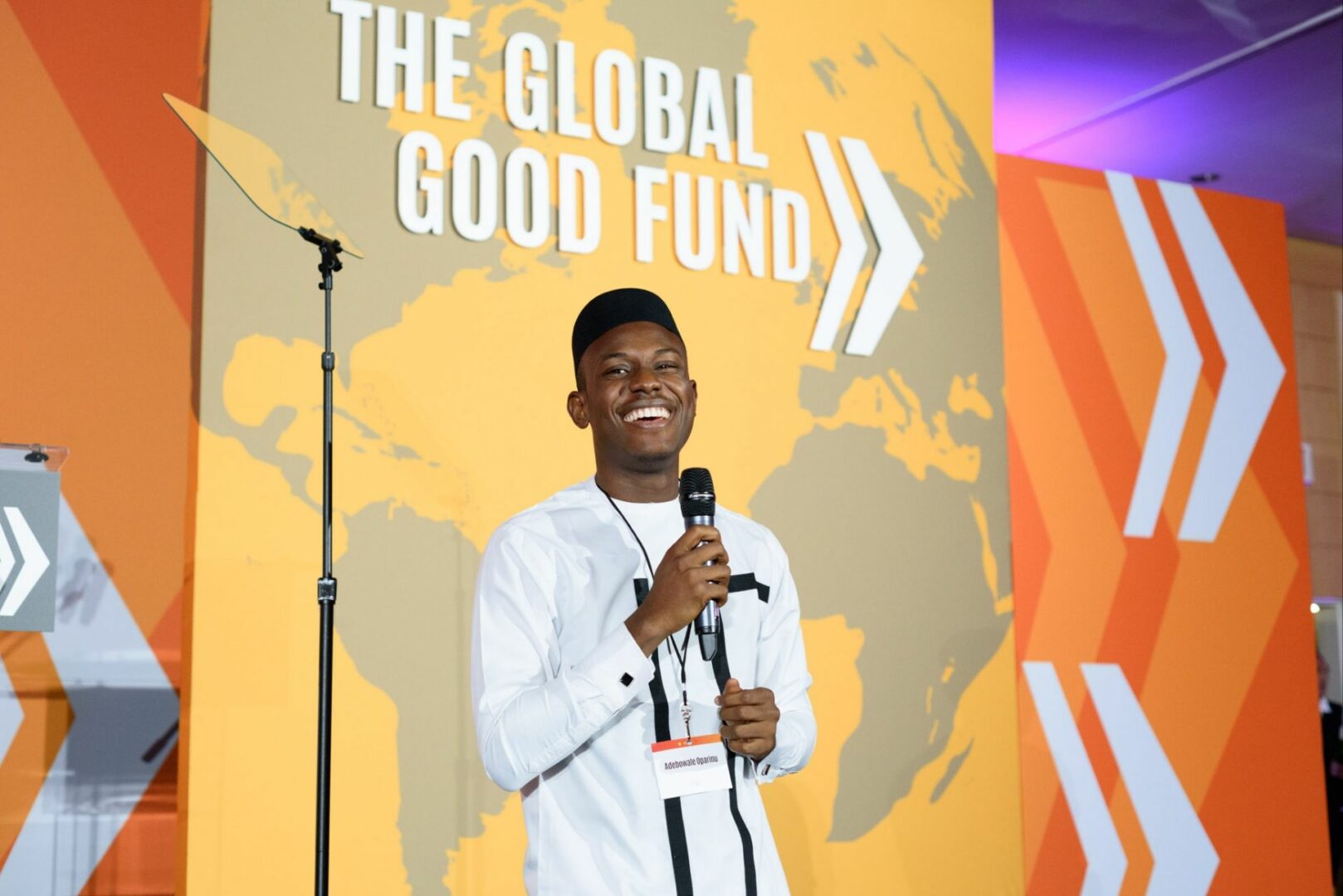We caught up with the brilliant and insightful Adebowale Oparinu a few weeks ago and have shared our conversation below.
Hi Adebowale, really happy you were able to join us today and we’re looking forward to sharing your story and insights with our readers. Let’s start with the heart of it all – purpose. How did you find your purpose?
For a long time, I searched for purpose like it was a destination, something to arrive at, fully formed. But I’ve come to see it more as a path, discovered step by step, by acting with what’s already in your hands.
That mindset first took root during my time at university. I wasn’t studying my dream course, and I had no real exposure to successful professionals. But through my faith community, I began to challenge my assumptions. One Bible study session introduced the idea: “What do you have in your hands?” a reminder that purpose often begins with using whatever you already have, however small.
I started small. A study group focused on real-world economic issues. A self-arranged internship in a nearly abandoned train station. Then, by a twist of fate (or faith), I got an internship opportunity in Lagos that shifted everything. That exposure opened doors to pitch competitions, fellowships, and eventually, startups.
The turning point came when I lost the finals of a major pan-African pitch competition in Abidjan, Côte d’Ivoire, in 2018. I realized that while I had bold ideas, I was always pitching castles in the sky with no foundation beneath them. That night, I asked the question again: What do I have in my hands? The answer was: $100 per diem and a deep desire to create something real. That was how I started Hiru, my first venture, a humble locust bean production business launched with friends in my final college year.
From there, the steps became bolder. I co-founded myStash, a fintech platform that helped thousands of Nigerians save money subconsciously. We scaled to over 25,000 users and processed ₦2 billion monthly in savings flow, and ultimately got acquired for $2M within 15 months of launch. I stayed on to lead post-acquisition strategy and integration, building systems to make the business profitable.
Today, through Waju Ventures, I’ve been privileged to invest early in and advise innovative startups operating on a global scale, supporting companies like Shipbubble, Fembol Group, and Zairaa as they grow and expand their impact. It’s a new chapter in the same journey: helping shape businesses that unlock access, reduce friction, and create real value for underserved communities.
This journey has clarified why I do what I do. I’ve seen how many people like me from the African continent are locked out of opportunity, not because they lack potential, but because they lack access, tools, or trust in systems. And I’ve learned that business, when built with intention and empathy, can bridge that gap.
So, my purpose? It’s no longer abstract. I build ventures that create true prosperity. The kind that multiplies for others. I’ve lived both the lack and the leverage, and I’ve learned that the greatest thing I can offer is not just a product or a service, but a pathway for others to rise.
Purpose found me in motion. And it keeps evolving as I do.
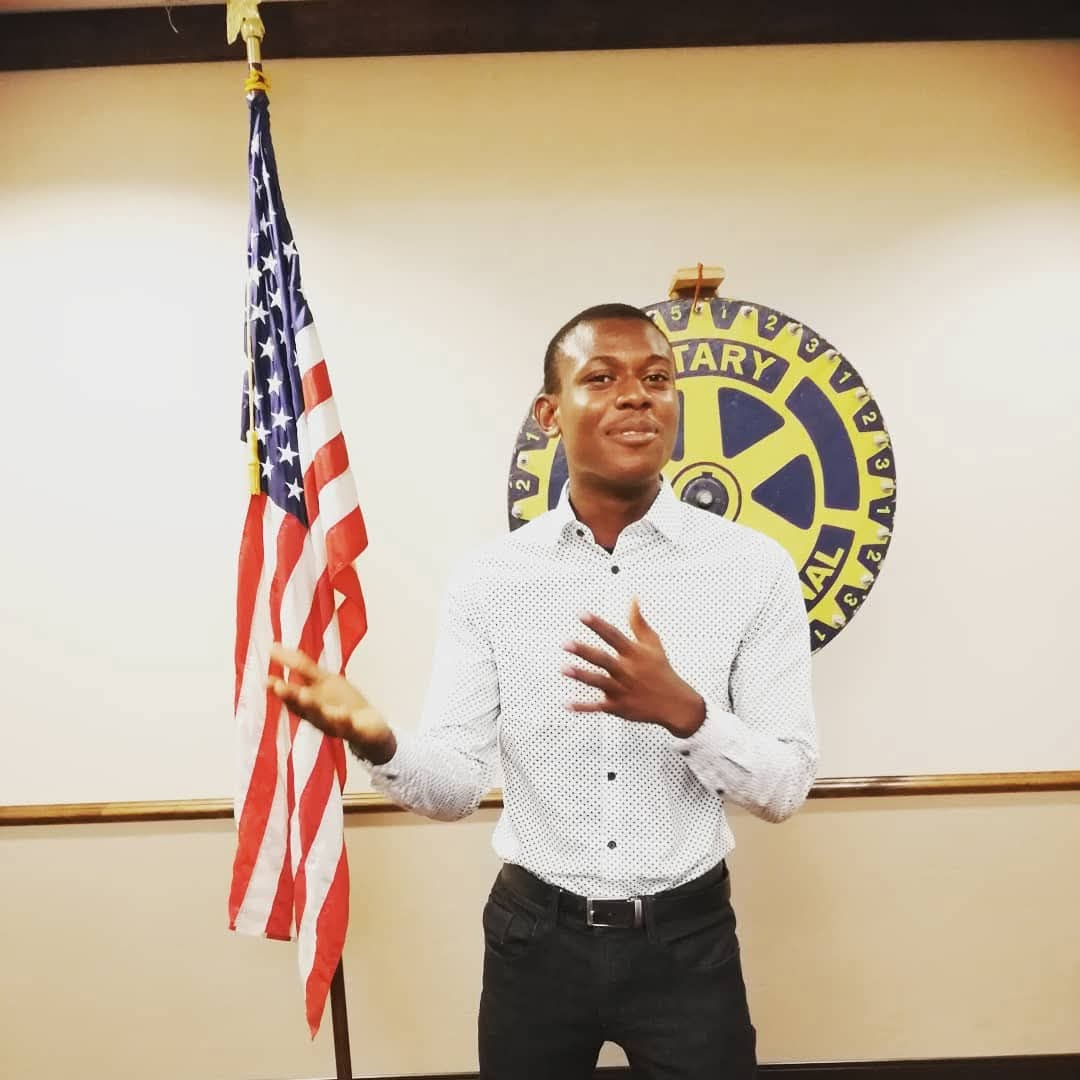
Thanks, so before we move on maybe you can share a bit more about yourself?
I’m a two-time founder turned investor, with a deep passion for building ventures that solve meaningful problems. I co-founded myStash, a fintech platform that helped Nigerians save subconsciously and scaled to over 25,000 users before being acquired just 15 months after launch. Before that, I launched Hiru, a social enterprise focused on packaging indigenous African food products sustainably.
Today, I serve as Managing Partner at Waju Ventures, a founder-first venture firm where we don’t just write early checks, we roll up our sleeves to help build. Our work goes far beyond capital. We provide hands-on strategic support, help unlock critical partnerships, and work closely with founders to refine their business models, go-to-market strategies, and long-term growth plans.
Our portfolio includes companies like Hiyalo, Shipbubble, Fembol Group, and Zairaa, diverse in sectors, but united by one thing: a bold commitment to solving real problems in underserved markets. What excites me most about the work we do is not just the traction these ventures are gaining, but the kind of value they’re unlocking across society, improving access, reducing friction, and creating opportunities that didn’t exist before. These companies aren’t just chasing scale; they’re building the infrastructure for long-term, inclusive prosperity.
Beyond Waju, I’m committed to founder development. I mentor social entrepreneurs at SEED SPOT in Phoenix, Arizona, and support African changemakers through programs like SDC Startup School and FounderHerCity. For me, the real magic lies in helping bold thinkers turn underdog stories into global impact.
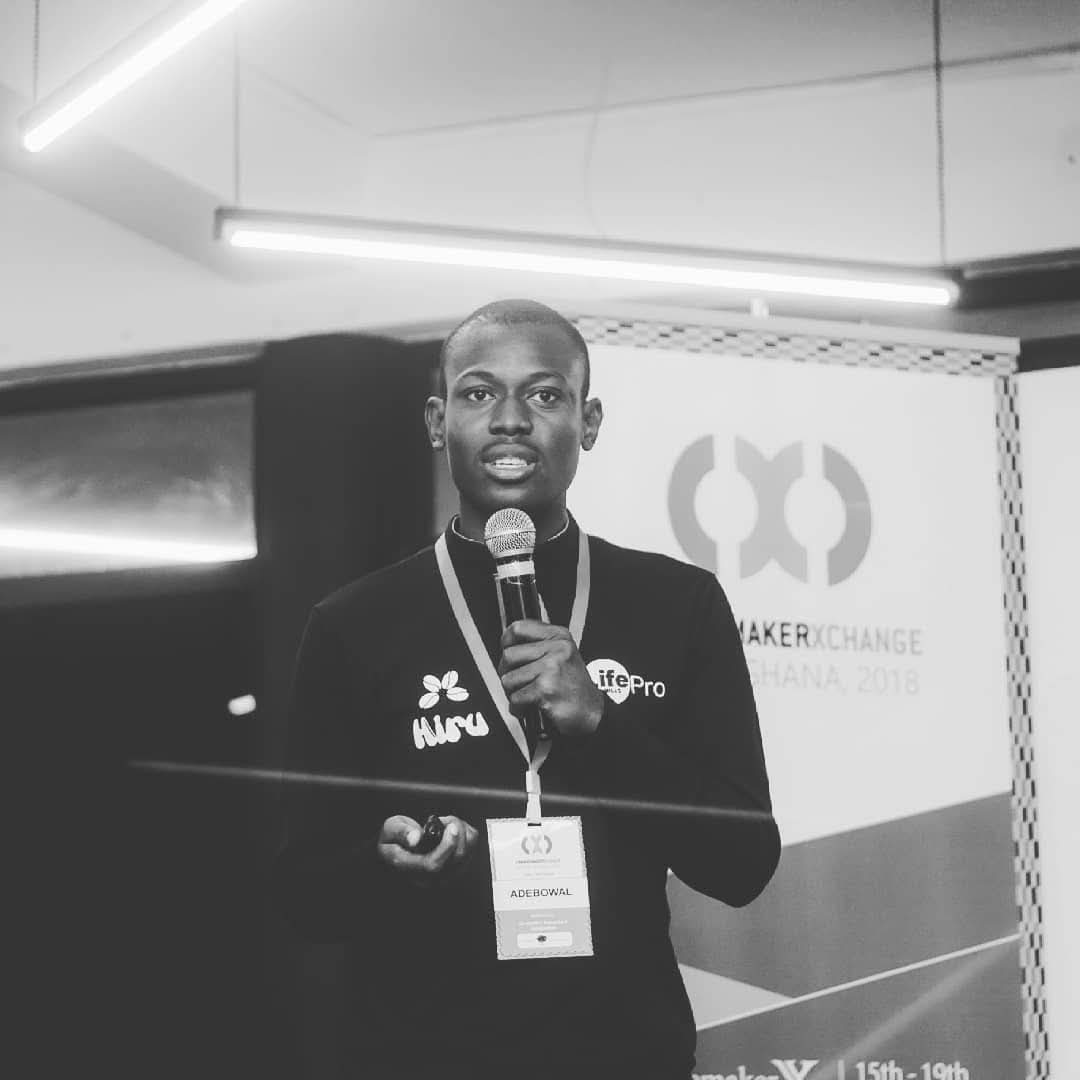
There is so much advice out there about all the different skills and qualities folks need to develop in order to succeed in today’s highly competitive environment and often it can feel overwhelming. So, if we had to break it down to just the three that matter most, which three skills or qualities would you focus on?
1. Resourcefulness (Not Waiting for Perfect Conditions):
I’ve learned that resourcefulness often matters more than resources. From launching my first startup with $100 and a few determined friends to building myStash into a fintech with over ₦2 billion in monthly flow, my biggest breakthroughs have come from working with what I had, however limited. For anyone early in their journey, stop waiting for the ideal resources. Start where you are, with what you have.
2. Bias for Action in Ambiguity:
Most of the defining moments in my journey, founding companies, driving acquisition strategy, and launching Waju Ventures, started in uncertain, undefined spaces and situations. I’ve come to see “figuring it out” as a superpower. If you can develop the muscle to make confident decisions amid ambiguity, you’ll always be useful. Practice by taking on open-ended problems and owning outcomes.
3. Storytelling that Builds Trust:
From pitching ideas across continents to raising capital and mentoring founders, storytelling has been key. Not just in selling ideas, but in casting vision, rallying teams, and building trust. If you’re building anything meaningful, learn to communicate with clarity, conviction, and empathy. Your story might be someone else’s permission to begin.
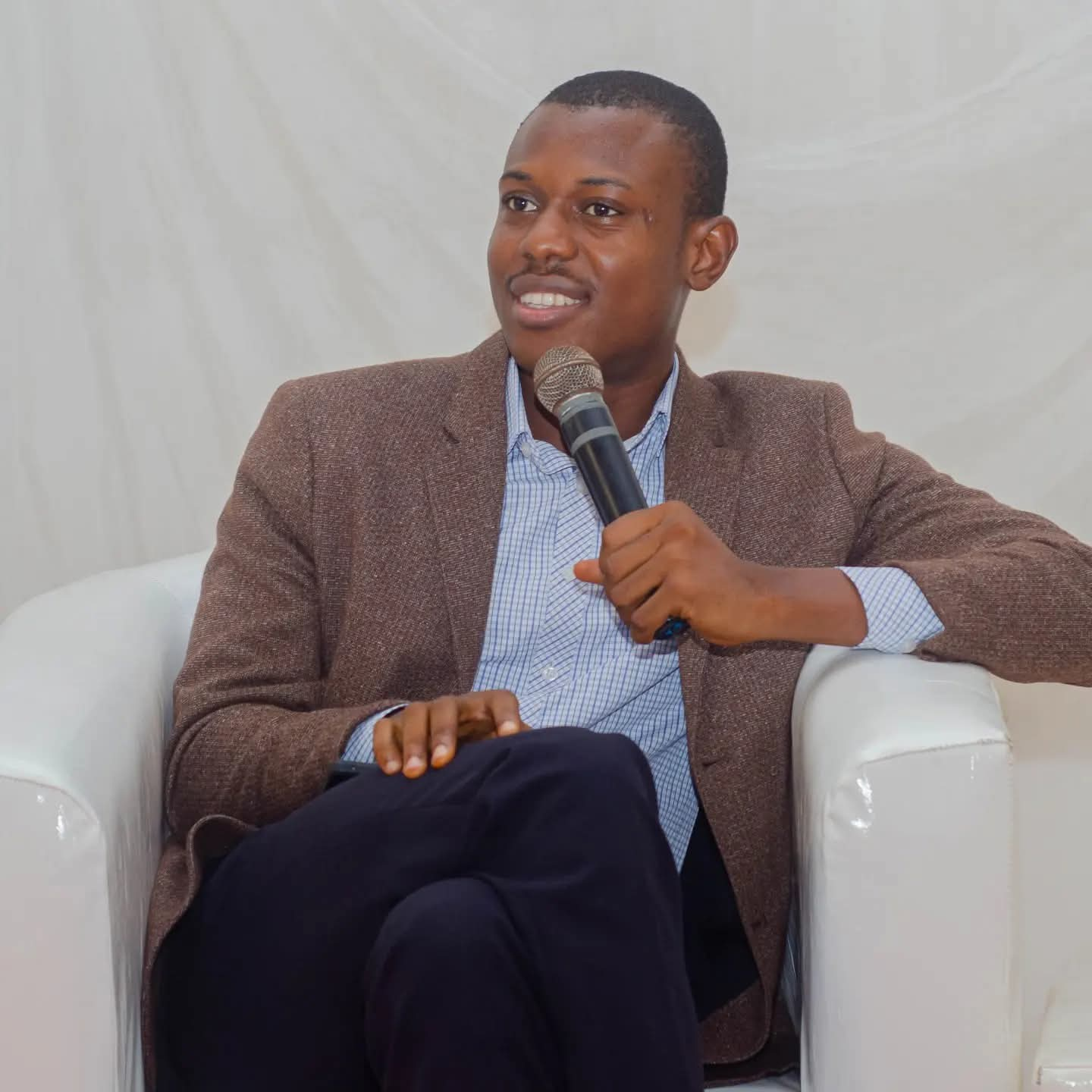
Awesome, really appreciate you opening up with us today and before we close maybe you can share a book recommendation with us. Has there been a book that’s been impactful in your growth and development?
Two books that have deeply shaped my personal and professional journey are Man’s Search for Meaning by Viktor Frankl and How Will You Measure Your Life? by Clayton Christensen.
Frankl’s reflections on suffering and responsibility reframed how I saw my own challenges. His insight, that life is constantly asking us questions, and we answer by how we live, helped me shift from feeling limited by my circumstances to recognizing my agency. It was a powerful mindset shift during a period when I was searching for direction with very little in my hands.
Christensen’s book came later, but it helped me clarify what long-term success really means. His emphasis on integrity, relationships, and intentional choices resonated with me as I transitioned from founder to investor. It became a compass, reminding me not just to build ventures that grow, but ones that matter.
Both books return me to the same core idea: that purpose is not found in external achievements, but in how we respond, with responsibility, with service, and with intention. That idea continues to guide my work today as I support founders and invest in businesses that create lasting, inclusive prosperity.
Contact Info:
- Website: https://wajuventures.com
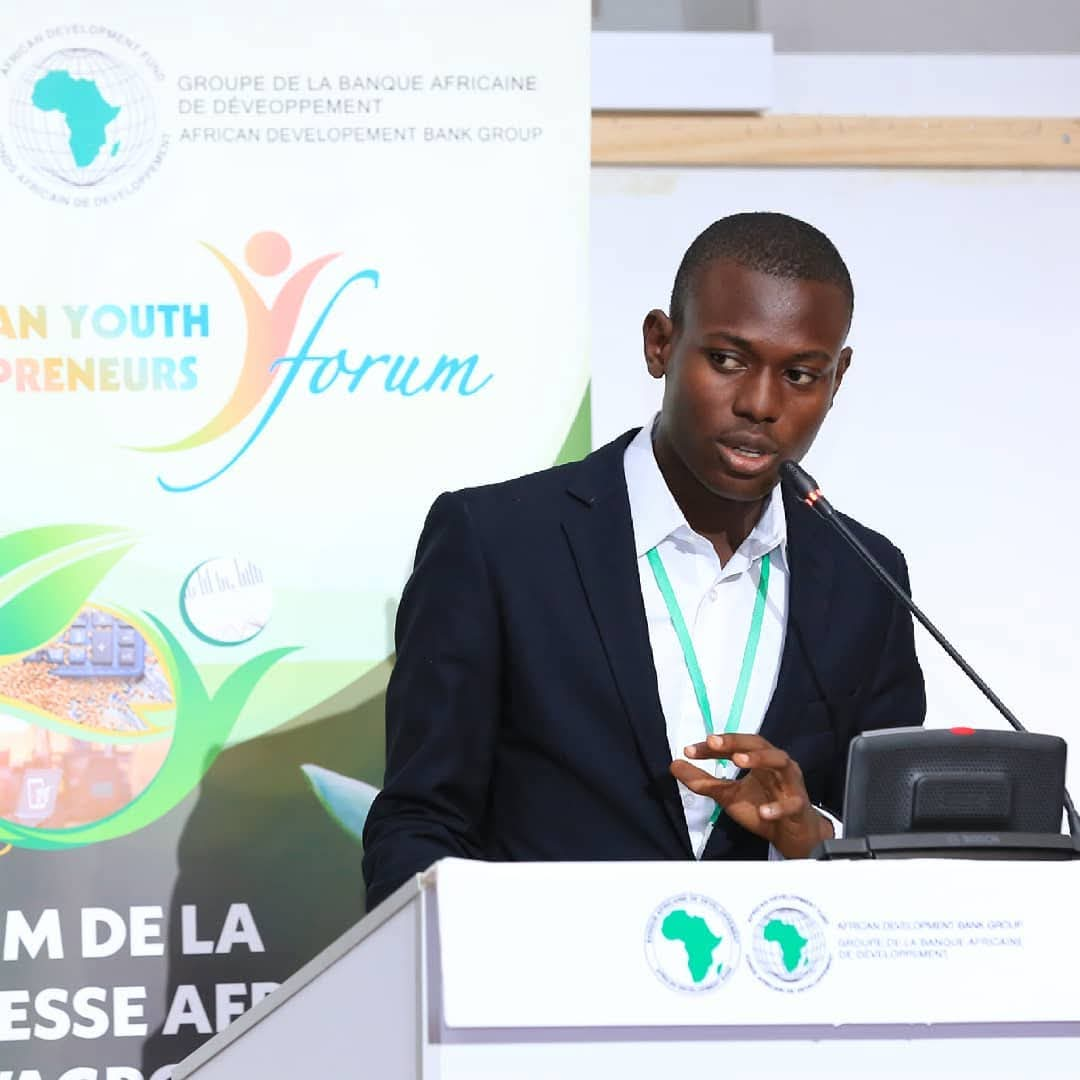
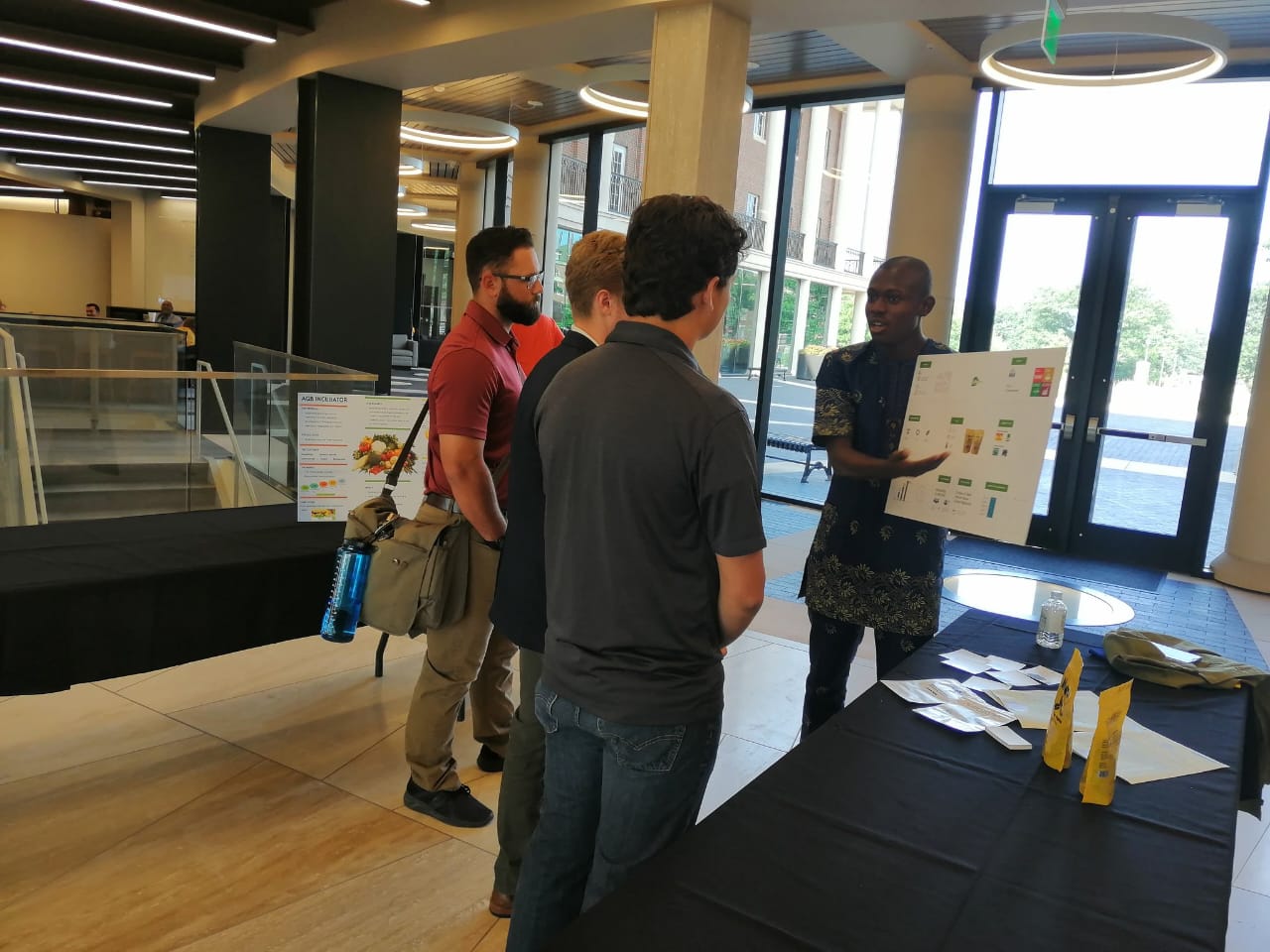
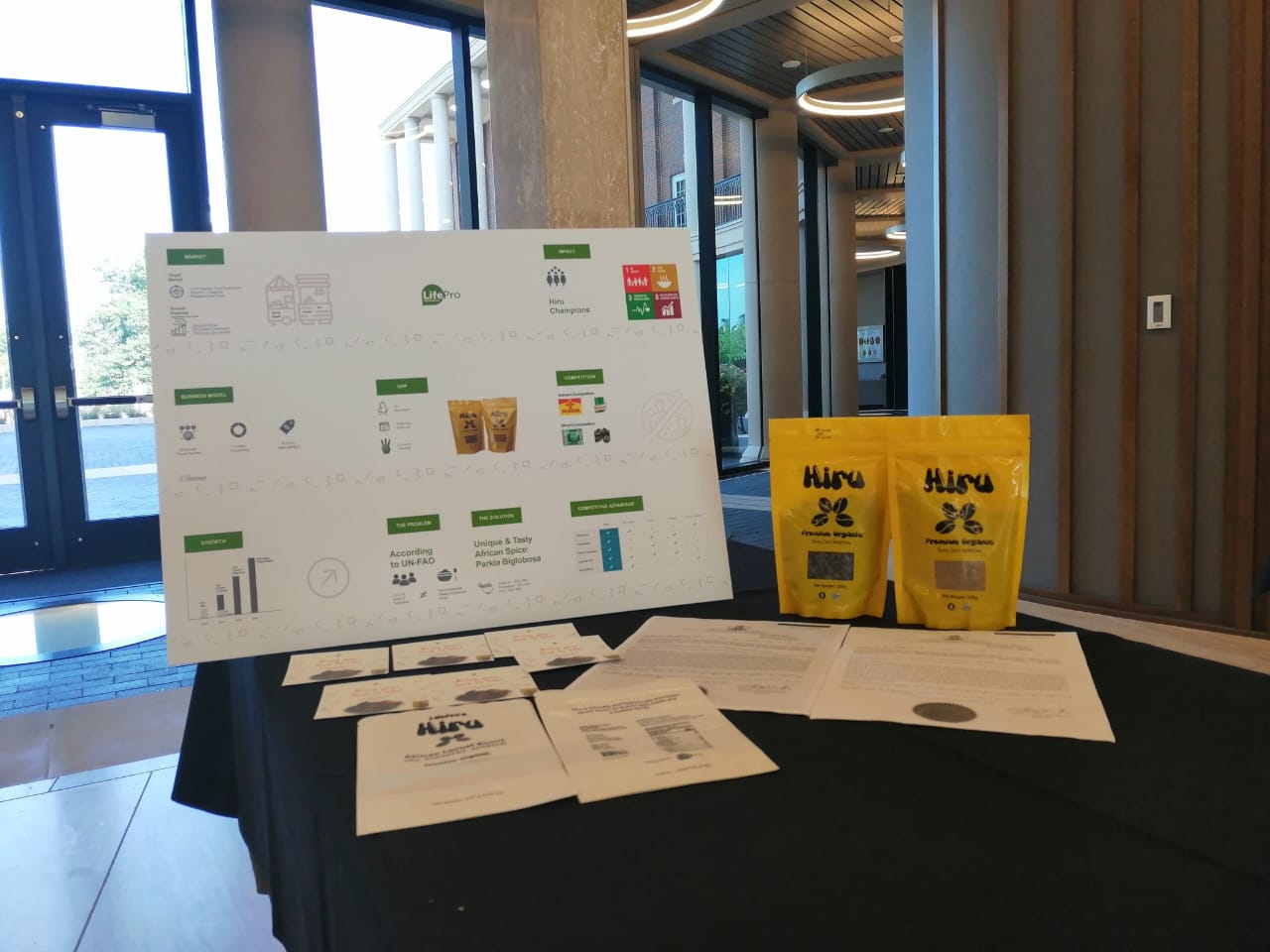
so if you or someone you know deserves recognition please let us know here.

